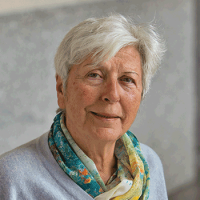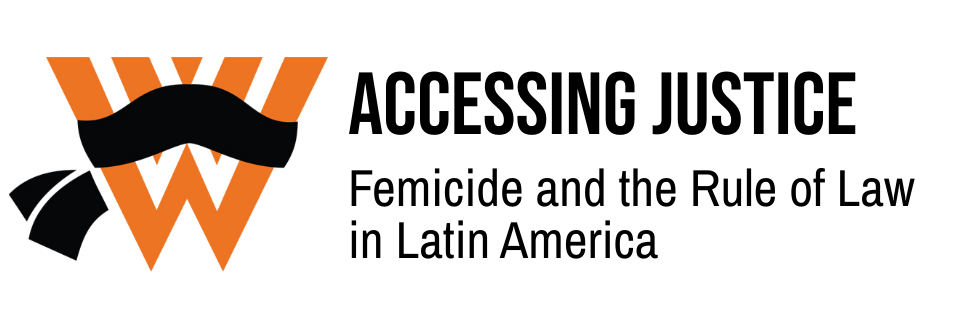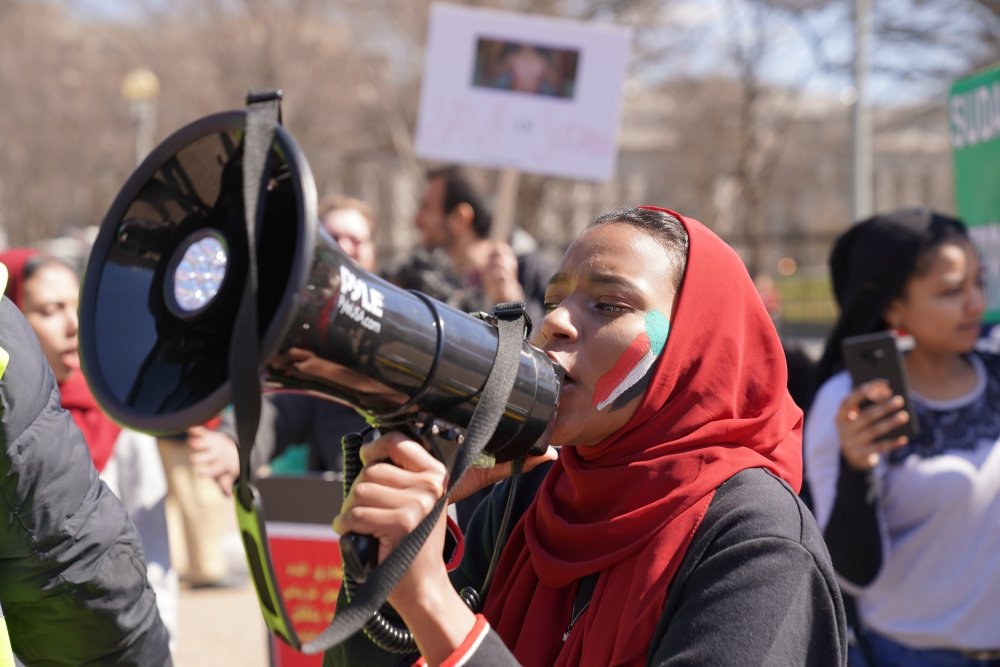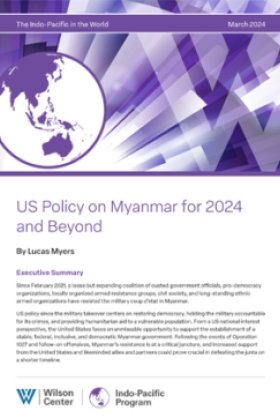Sudan: The Last Domino Stood Up by the Arab Uprisings has Fallen
The October 25 coup d’état in Sudan put an end to the country’s experiment with a negotiated transition from military to civilian rule. Following a civilian uprising in December 2019, part of the second wave of protests to hit the Arab region almost a decade after the first wave, Sudanese strongman Field Marshall Omar al-Bashir was overthrown by his own military, which then proceeded to form a Transitional Military Council (TMC), a familiar pattern in the region. What happened next was more unusual and more promising: the protesters managed to organize and bring in professional associations that had played an important political role in the past. After a particularly nasty attempt to suppress continuing protests in June 2019, the TMC agreed to negotiate with the protesters, now organized and recognized as Forces of Freedom and Change. The result was a detailed Political Agreement to transfer power from the military to civilians over a period of 39 months, beginning from the signing of the agreement on August 4, 2019. The document called for the formation of a Joint military-civilian Council of Sovereignty, to be headed for 21 months by a person chosen by the military and for the remaining period by one picked by the civilian members of the Sovereignty Council. The military head of the Sovereignty Council was General Abdel Fattah al-Burhan, who led the coup.
Tension increased greatly during September and October of this year, with demonstrations for and against the military, this time backed by tribal elements, leading to the October 25 coup.
It was clear from the beginning that the most dangerous moment for Sudan would come at the expiration of the first 21 months, when the military was expected to surrender control of the Sovereignty Council. The date of the transfer slipped by a few months to November 2021. Tension increased greatly during September and October of this year, with demonstrations for and against the military, this time backed by tribal elements, leading to the October 25 coup. Prime Minister Abdalla Hamdok, a civilian, was arrested and the cabinet was disbanded. The military immediately declared that it will hold the elections scheduled for July 2023, at the end of the transitional period. Unfortunately, such promise does not mean that the military will surrender power at that point. Elections rarely lead to a transfer of power when the military is in control. Egypt, which has held two presidential and two parliamentary elections since the military coup of 2013 is a case in point: power remains firmly in the hands of the military.
The October 25 coup in Sudan adds to the increasingly long list of political reversals in Arab countries following the uprisings. It would be wrong to talk of democratic reversals, because no Arab country had become or is a democracy. Nevertheless, there were stirrings of political change in several countries and some developments that appeared promising, if limited, such as in Morocco and initially in Egypt. Most promising was Tunisia, where the first wave of uprisings appeared to lead not only to the overthrow of the old president Zein Addin Ben Ali, but also to efforts to set up a new political system, the transition facilitated by the fact that the military kept out of politics. But in the last few months of this year, the political gains made by Tunisia were reversed when the elected president Kais Said, decided to sideline the parliament and the political parties, ignore the constitution painstakingly negotiated over a period of several years and cast himself as the country’s savior.
The new protesters appeared to have learned lessons from their predecessors and they were strategic in their activities as well as more conscious of the need for organization.
The second generation of Arab uprisings that took place in Sudan, Lebanon, Iraq and Algeria initially renewed hope for change. The new protesters appeared to have learned lessons from their predecessors and they were strategic in their activities as well as more conscious of the need for organization. They were less naïve. However, protesters in Lebanon in 2019 and 2020 never made inroads against the well-ensconced political factions that have de facto carved the country into political fiefdoms for generations. Until today, these politicians never for a moment appear to put the general interest ahead of their own narrow one. In Iraq, some of the protesters have become political players, electing a small number of their own to the parliament but leaving the overall system untouched. Algerians managed to get rid of the aging and disabled President Abdelaziz Bouteflika but the military-civilian establishment of which Bouteflika was part continues to run the country.
Sudan appeared as the bright spot among second generation uprisings, while Tunisia the bright spot for the first generation. The negotiated transition discussed earlier was unique in the Arab world, akin to some of the Latin American “pacted transitions.” Tragically, the October 25 coup d’état put an end to that fragile experiment. People have taken to the streets in large numbers and the protest is likely to continue, but the military has already shown that this time it will use force, rather than negotiate. Sadly, civilians are bound to lose out.
Akin to other civilian groups in the region, Sudanese civilians are largely on their own against a determined military, and this does not bode well for the foreseeable future.
The international community, which kept silent on Tunisia, immediately reacted with indignation to this coup in Sudan. The United States, which in the previous months had lifted the designation of Sudan as a country sponsoring terrorism and had resumed foreign aid in an effort to bolster the transition to civilian rule, felt used by the military leaders who had allowed civilians to negotiate with the west and hid their intentions. The Biden administration immediately announced the suspension of $700 million in emergency assistance and it is likely that other countries will follow suit as will the international financial institutions.
Unfortunately, aid suspension will not deter the Sudanese military from consolidating power nor will the likely imposition of sanctions. The Sudanese military leaders undoubtedly knew the western aid suspension was coming, and it can now count on assistance from Saudi Arabia and the United Arab Emirates, which have proven most generous toward countries that thwart political reform, as in the case of Egypt. Egypt, always anxious to maintain its influence in Sudan, will extend its political support, and Israel will likely not compromise its new normalized relations to Sudan. Akin to other civilian groups in the region, Sudanese civilians are largely on their own against a determined military, and this does not bode well for the foreseeable future.
The views expressed in these articles are those of the author and do not reflect an official position of the Wilson Center.
About the Author

Marina Ottaway
Former Senior Research Associate and Head of the Middle East Program, Carnegie Endowment for International Peace

Middle East Program
The Wilson Center’s Middle East Program serves as a crucial resource for the policymaking community and beyond, providing analyses and research that helps inform US foreign policymaking, stimulates public debate, and expands knowledge about issues in the wider Middle East and North Africa (MENA) region. Read more












